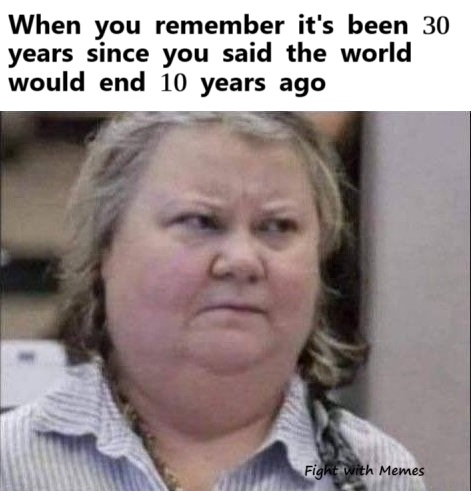DISPATCHES FROM THE EDUCATION APOCALYPSE: Who Should We Punish for the Fake Science Poisoning our Children’s Futures?
Last October, we reported two women in their early 20s were arrested in London for throwing soup over Vincent Van Gogh’s “Sunflowers” painting during a protest against fossil fuels.
They both are now looking at over two years of jail time.
Phoebe Plummer, 23, and Anna Holland, 22, from the protest group Just Stop Oil were imprisoned for two years, and 20 months, respectively, according to PA Media.
These are the latest in a string of prison sentences handed to climate activists in the UK for engaging in disruptive protests against the use of fossil fuels. Two relatively new, controversial laws have boosted the powers of police and courts to crack down on protests that are disruptive, even when they are peaceful.
The sentences appeared to do little to deter Just Stop Oil: Hours after they were handed down, three more Just Stop Oil activists threw soup over two other Van Gogh paintings of sunflowers in the Poets and Lovers exhibition at the National Gallery, the same venue the 2022 protests was staged, according to the group.
Those years those girls are going to lose are essential. They are the years to complete an education or gain important work experience for a career. That is the time to make life-long connections and perhaps meet a future spouse. It is also the age at which many women are starting their families.
Because of climate hysteria driven by agenda-driven pseudoscience and pushed by a media that silences critics and ignores counter-evidence, progressive educators are enabled to push this dogma. Cult-like-leaders arise to encourage young people to ruin their futures to protect an Earth that is not in jeopardy from its carbon dioxide levels.
In his recent Substack, Glenn Reynolds asks a question I think should be pondered and answered: Should we criminalize scientific fraud?
As Reynolds notes, the issue is complex. Determining what real science fraud is versus typos and misinterpreting data can be difficult. However, as it relates to climatology, massaging data to produce temperature spikes and ignoring urban heat island effects to support the green energy agenda should have consequences. And, as we have seen with COVID-19, poor science used to promote disastrous rules and regulations isn’t confined to climate.
Reynolds reviewed a wide array of potential options to prevent science fraud. Based on his analysis, perhaps the best place to focus is “revising incentive structures.”
We’ve had a media and intellectual class that have spent well over half a century preaching that doomsday was just a few years away, with no thought given to what this would do to the mental health of kids who grew up being fed eco-apocalypse fables in the 1970s, now frightening their own kids. Which means this image will eventually become reality a decade or two from now:

